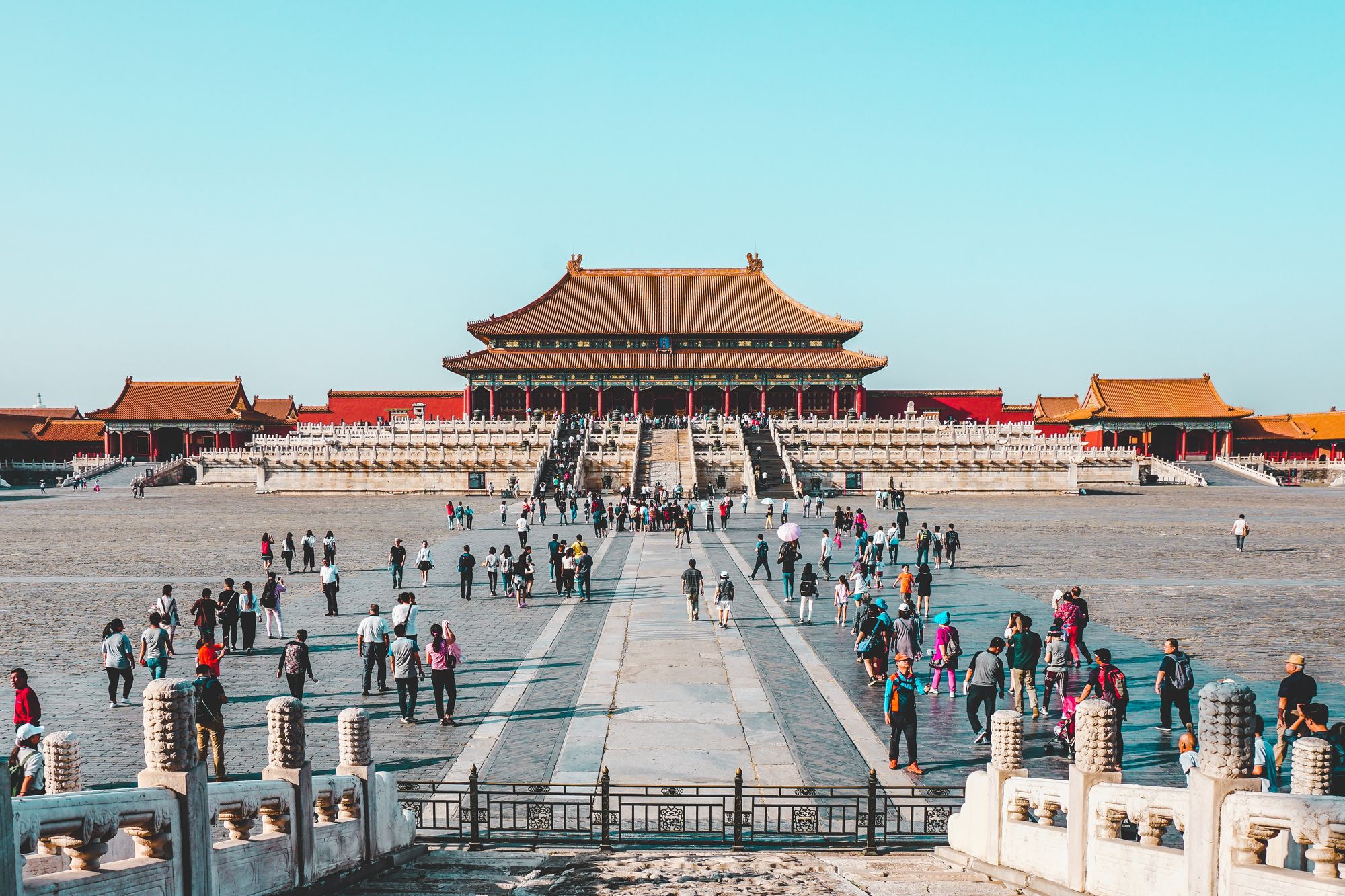How China's Xi Is Consolidating Power And Prioritising Ideology
Since taking office in 2012, Xi Jinping has prioritised ideological purity, national security, and Communist Party dominance. Additionally, he has insisted on tighter government regulation of the economy, a move that many analysts claim has come at the expense of the vibrant private sector that has been a key driver of China's spectacular success.
- If Beijing ultimately relaxes its zero-Covid policy, private-sector economists, the World Bank, and other institutions anticipate China's growth to return to about 4.5% next year from an anticipated 3% or so in 2022
- Many economists believe that, in part because of a declining labor force and growing debt levels, growth will continue to be less than what it was prior to the pandemic
State First, Private Actors Second
Xi Jinping is creating an economy where debt-ridden state owned enterprises get the upper-hand while private behemoths are shunned and pressured by public actors. This represents a significant reversal of China's trajectory since former leader Deng Xiaoping ushered in an era of "reform and opening" in 1978.
- He has used the state's authority to disarm strongmen in the private sector and has intensified efforts to lessen China's reliance on foreign technology
- It also directed more funding toward sectors that Beijing views as strategically significant, such as semiconductors and artificial intelligence, as tensions with the U.S. have risen
These changes result in slower productivity and wage growth, weakened Chinese financial markets, and a rising reluctance among Western businesses to make investments in China.
Moving Backward?
The hawkish concept of "national rejuvenation" which refers to Xi Jinping's will to defy any perceived transgressions of China's unity and sovereignty, will be the focus of Xi's third term.
- Xi stressed the need of improving China's national security and military readiness, calling for "a powerful system of strategic deterrence," an oblique allusion to the People's Liberation Army's remarkable increase in nuclear weapons capability over the previous two years
"As Xi Jinping was preparing to take the helm of the Chinese Communist Party a decade ago, a great number of China’s political, business and intellectual elites were hopeful that he would make their country more open, just and prosperous. [...]"
"Mr. Xi’s speech at the opening of the 20th party congress on Sunday made it clearer than ever that China is moving in the opposite direction from liberalization. Obsessed with national security, he is more focused on quashing all ideological and geopolitical challenges than on reform and opening up, the policies that brought China out of poverty." by Li Yuan for the New York Times
Disclaimer
Please note that this article does not constitute investment advice in any form. This article is not a research report and is not intended to serve as the basis for any investment decision. All investments involve risk and the past performance of a security or financial product does not guarantee future returns. Investors have to conduct their own research before conducting any transaction. There is always the risk of losing parts or all of your money when you invest in securities or other financial products.
Credits






